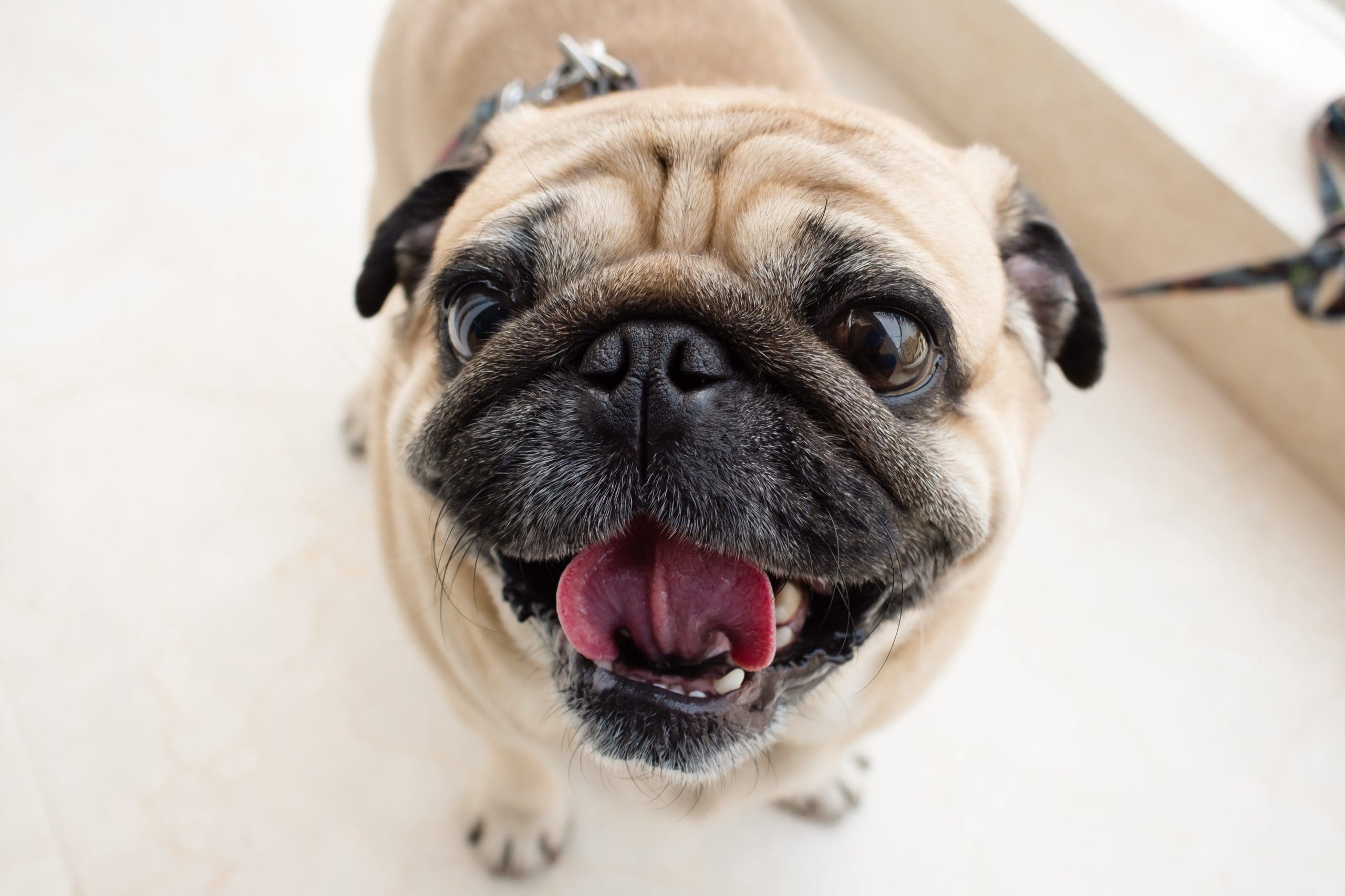Noticing your dog chewing on their paws can lead to concern and confusion. This behavior often appears unexpectedly and can be troubling for pet owners. Recognizing the reasons behind this habit is vital for both your dog’s health and your own peace of mind. Dogs may chew their paws for a variety of reasons, including boredom, anxiety, or underlying health issues.
Common Causes of Paw Chewing
Many dog owners first observe this behavior when their pets seem relaxed or bored. You might catch your dog lounging on the couch, only to start nibbling at their feet. While this may appear harmless, it’s important to monitor how often and how intensely your dog engages in this behavior. Paw chewing can sometimes indicate a deeper issue.
Allergies and Skin Irritation
One prevalent reason for this behavior is allergies. Just like humans, dogs can experience skin irritations due to various allergens, such as food, pollen, dust mites, or certain fabrics. If allergies are the culprit, you may notice additional symptoms like red, inflamed skin, excessive scratching, or ear infections. Consulting a veterinarian can help identify the allergen and determine appropriate treatments, which may involve dietary changes or medications.
Boredom and Anxiety
Another significant factor in paw chewing is boredom or anxiety. Dogs are social creatures that require mental and physical stimulation. If left alone for extended periods or not receiving enough exercise, dogs might start chewing their paws as a coping mechanism. This behavior is particularly common in younger dogs or high-energy breeds.
If your dog chews their paws at night, it may be an indication of anxiety or restlessness. Various factors, such as environmental changes, loud noises, or separation anxiety, can contribute to this stress. Ensuring your dog has ample exercise throughout the day can help mitigate anxiety. Engaging in activities like walks, play sessions, or training can keep your dog mentally and physically occupied, reducing the likelihood of paw chewing.
Parasites and Physical Discomfort
Parasites such as fleas, ticks, and mites can cause intense itching, leading dogs to chew their paws for relief. Regular grooming and preventive treatments are essential to keep these pests away. If your dog is chewing their paws alongside signs of flea activity, such as excessive scratching or tiny black specks in their fur, it may be time to act.
Pain or injury can also drive dogs to chew their paws. A cut, scrape, or foreign object lodged in their paw can prompt this behavior. Regularly inspecting your dog’s paws for cuts or signs of injury can help catch problems early. If you suspect pain, consulting with a veterinarian is crucial for proper assessment and treatment.
Breaking the Habit
Sometimes, paw chewing becomes a habitual behavior. A dog that has chewed their paws in the past may continue to do so even after the underlying cause has been resolved. Breaking this habit requires patience and consistency. Offering alternative activities, such as chew toys or interactive games, can help redirect their focus away from their paws.
To discourage paw chewing, observe your dog’s behavior closely. If boredom seems to trigger the chewing, increase their exercise and playtime. Engaging in interactive games or training exercises can stimulate their mind and reduce the urge to chew. Providing distractions, like chew toys or puzzle toys filled with treats, can also keep your dog occupied and lessen their focus on their paws.
If anxiety is a contributing factor, consider calming products such as anxiety wraps or pheromone diffusers. These can create a soothing environment, helping to alleviate some of their stress.
When to Seek Professional Help
Regular grooming can play a role in preventing paw chewing, as it allows for the early identification of skin irritations or foreign objects. Baths with hypoallergenic shampoos can also help soothe skin irritations caused by allergies or irritants.
If your dog’s paw chewing persists despite your efforts, or if you observe concerning symptoms like swelling, redness, or discharge, seeking veterinary advice is essential. A veterinarian can determine the underlying cause and recommend appropriate treatments. In some cases, a referral to a veterinary dermatologist may be necessary to address ongoing skin issues.
Understanding the reasons behind your dog’s paw chewing is crucial for their well-being. This behavior may stem from allergies, boredom, anxiety, or pain. By observing your dog’s habits and consulting with a veterinarian, you can address the root cause of this behavior, ultimately leading to a healthier and happier life for your furry friend.
Maintaining your dog’s health involves regular check-ups, a balanced diet, and a stimulating environment. Whether your dog is a playful puppy or a seasoned companion, addressing their paw chewing behavior with compassion can greatly enhance their quality of life.



